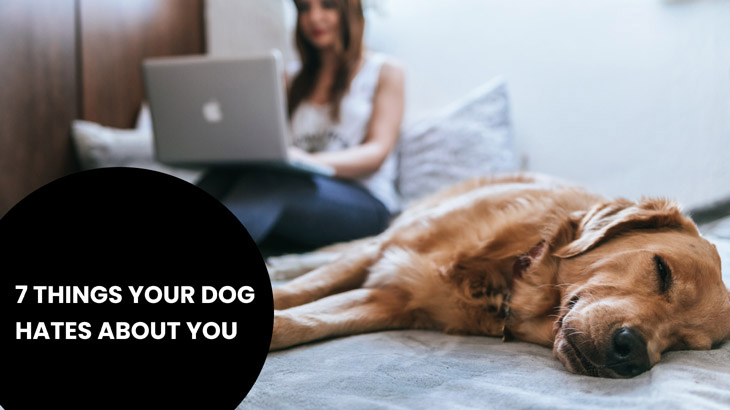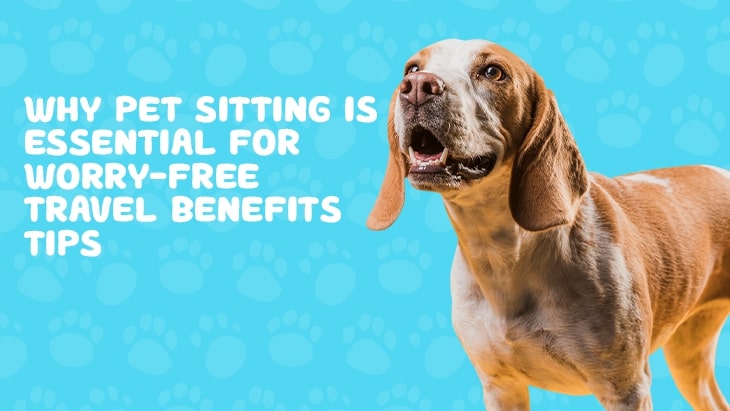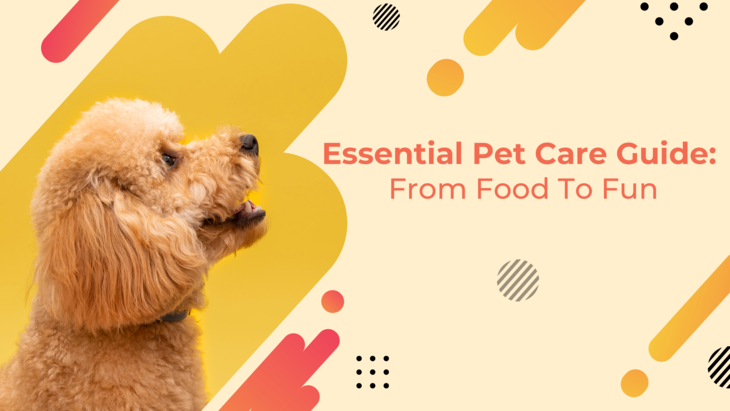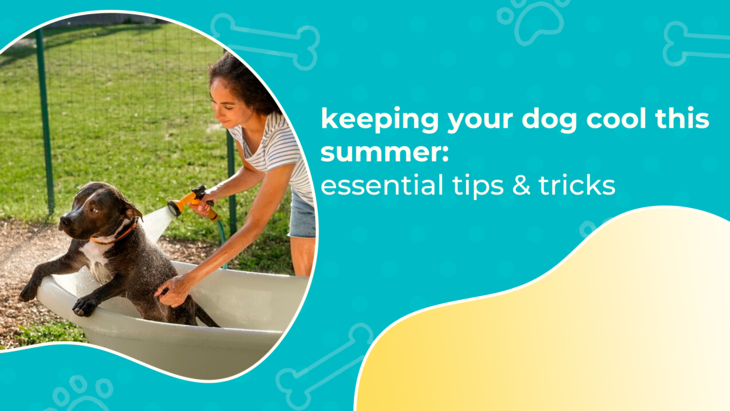Pets can be a fantastic addition to any family, providing the unconditional love and companionship you didn't know you needed until now. Better yet, pets can improve your health in myriad ways, from reducing your risk of depression to improving your cardiovascular health. Dogs care is an essential thing to learn by all pet parents.
Petscape provides pet care services to cats, dogs, fish, rabbits, and tortoises and guides for pet care. Their top pet accommodations are Pets and Paws, Dogs and Cats, and Pet houses.
Most of these conditions are caused or aggravated by contaminated water and high humidity. Damp-smelling coats and ticks are also standard at this time. Some organizations provide better details about pet care services and tips to keep your pets well-groomed and healthy during in the rainy season.
However, even if you love your furry friend and the feeling is more or less mutual, that doesn't mean they always find your behaviour as endearing as you see theirs. There are plenty of signs that your pet is less-than-pleased with you that even the most attentive pet owners might be missing. If your pet seems to be suddenly giving you the cold shoulder and ignoring your commands, it's a good sign they're not happy with you. Dogs, in particular, may ignore commands when upset, and there are certain Things Your Dog Hates About You.
Seven Things Your Dog Hates About You
Leaving Your Pet Alone for Long Hours
A dog alone at home for an extended period of 9 to 10 hours daily may develop concerning issues. There are separation anxiety and negative behaviours such as chewing, extreme barking or defecating/urinating inside the house. Dogs are designed by nature to live in groups, and when you adopt a canine, you are naturally perceived by the latter as its pack member. Dogs like to socialize with their human family.
If leaving the dog alone at home for an extended period becomes inevitable, you must ask a friend or a relative to drop by each day and spend some time with the dog or take it for a stroll in the neighbourhood. Sometimes an animal-loving neighbour may be more than willing to offer help by looking after the dog at their home for a specific duration of the day.
Not providing the dog with enough mental stimulation
A dog entirely depends upon you for its daily dose of exercise and fun with toys and games. Taking the dog for walks in and around the neighbourhood is essential. Dogs love to sniff around to detect peculiar smells and the presence of exciting things along their path.
As eyes are too human beings, a nose is to a dog. Smelling is essential for your dog to understand the world around it. Do not rush back home after the dog has relieved itself. Give it time to take in the natural world by allowing it to breathe in various places for some time each day. You can also introduce the pet to a new walking track now and then to add newness to its routine.
Confusing the Dog With Different Rules for Its Same Behaviour
It's essential to set limits and rules for the pet dog. But what's more important is to adhere to them. Dogs enjoy a set pattern of do's & don'ts, a stable routine daily.
Pet owners often mistake approving a specific dog's behaviour and then reprimand it for the same move another time. This not just perplexes the pet but also creates feelings of stress and confusion. Your pet wants to get a taste of your food, and you offer it a crumb or two; the next day, you have a friend over for lunch and the pet pleads with hungry eyes to win a tidbit in return, but you reprimand its begging as being objection. It is you at fault here, not the dog.
Different Commands for a Single Reaction by the Dog
It is best to stick to a single word that will correspond to your command for your dog to obey. Using different words that mean the same thing will confuse the pet in the given situation. It will not be able to produce the desired response to your order. Therefore the entire human family of the dog must use a single common word for each command it sends out to the latter.
Also, dogs don’t perceive human language the same way as we do. They are better at picking up signals sent through our body language. It’s best to link an appropriate physical behaviour or body posture to the verbal cue or keyword for a successful & obedient response from the canine.
Tightly Hugging the Pet
Humans interpret hugs as showing one’s affection, love and warmth to another individual. But it entirely holds a very different connotation in the canine world. Dogs perceive hugs as the exertion of authority or supremacy. A dog will show its domination by putting its paw onto the back of another canine. Rarely will you find a dog that enjoys or looks forward to hugs from its human family pack?
Sometimes a pet dog may tolerate being hugged by only a particular family member and feel completely afraid of the same action when attempted by another human. It is best to watch out for signs that spell discomfort when it comes to dogs and hugs. Escaping eye contact, trying to move away, bending its face in the opposite direction as yours, keeping its mouth sealed or licking its lips and pulling its ears backwards are indicative of nervous body language.
A dog will show its domination by putting its paw onto the back of another canine. Rarely will you find a dog that enjoys or looks forward to hugs from its human family pack. Sometimes a pet dog may tolerate being hugged by only a particular family member and feel completely afraid of the same action when attempted by another human. It is best to watch out for signs that spell out discomfort when it comes to dogs and hugs.
If you notice your dog is displaying any such reaction, be sure it is anxious due to your squeeze.
Disturbing your dog’s sleep
If you ever need to wake your dog from its deep slumber, go easy and slow with the action. Tenderly touch or speak to it to awaken the pet. A dog can easily be shocked at a sudden/impulsive touch while asleep.
Especially a dog whose hearing abilities have been weakened due to age or other reasons may get very scared when wakened up abruptly, as it cannot hear sounds such as footsteps nearing it. The best bet would be to allow a dog to wake up on its own, naturally! If you have children at home, advise them on the same.
Expecting Your Dog to Act Like a Civilized Human
The dog will enjoy chewing on your slippers or some furniture, barking loudly, sniffing around, dig your lawn; all of this comes naturally to it. It is only reverting to what nature intended it to be. It does not understand many of your concepts, such as cleanliness or protecting an expensive item from damage. It’s best to show patience towards the dog. Do not punish or yell at the dog for its unwanted behaviours.
Escaping eye contact, trying to move away, bending its face in the opposite direction as yours, keeping its mouth sealed or licking its lips and pulling its ears backwards are indicative of nervous body language. If you notice your dog is displaying any such reaction, be sure it is anxious due to your squeeze.
As much as you and your dog are in sync — you know those pouty eyes mean they want your dinner, and they know your stern looks mean you won’t share — there are some things about your pup you just don’t get. You could do without the crotch sniffing, for example. And they probably think you’re a weirdo, too.







Post Comments